I still remember the time when my kitchen cabinet was full of colorful protein shakes – vanilla, chocolate, cookies & cream. All whey, all promising “faster muscle growth” and “maximum performance.” But honestly, my stomach disagreed. After every shake, I felt bloated, sluggish, and uncomfortable.
Then came the moment that changed everything. A training buddy of mine, vegan and super fit, handed me a green bag. “Try this – hemp protein. All natural, no bullshit.” I was skeptical but curious. And what can I say? It was the first shake that actually made me feel good – light, satisfied, and full of energy.
Maybe you can relate. You train regularly, want to do something good for your body, and pay attention to what you eat – but most protein powders taste artificial or are hard to digest. That’s exactly where hemp protein comes in: plant-based, local, and honest. Not a trend product, but a real alternative for those who live consciously and still want to perform.
Hemp Protein – What’s Really Inside
When you hear “hemp,” you might first think of smoke clouds, not muscle building. But hemp seeds are little nutrient powerhouses: around 50% high-quality protein, plus omega-3 and omega-6 fatty acids, magnesium, iron, and zinc. All natural, nothing isolated.
The cool thing is: hemp protein contains all essential amino acids – the building blocks your body needs to build and repair muscles. Many plant-based proteins fall short here, but hemp brings the full package.
Once, I spent a week relying solely on hemp protein – no whey, no soy products. The result? Less bloating, no cravings after training, and steady energy throughout the day. Hemp protein doesn’t just satisfy hunger – it supports recovery without making you tired.
(see Callaway, 2004; Russo & Reggiani, 2021)
Muscle Growth and Recovery – How Hemp Protein Works in Your Body
After a tough workout, your body switches into “repair mode.” Muscle fibers are renewed, and energy stores are replenished. This is where hemp protein really shines: it provides not just protein but also key micronutrients that are crucial for recovery.
For example, magnesium – important for muscle relaxation – or iron, which improves oxygen transport in your cells. And thanks to its omega-3 fatty acids, hemp protein has mild anti-inflammatory properties, which can be a game-changer when you’re sore.
A triathlete friend of mine swears by hemp protein in his recovery shake: “Since I’ve been using it, I need fewer rest days between sessions. My body just bounces back faster.”
Of course, it’s no replacement for balanced nutrition or good sleep – but hemp protein is a smart piece of the puzzle.
(see House et al., 2010)
Hemp Protein vs. Whey – The Honest Comparison
I tried it myself: one week of whey, one week of hemp. With whey, the muscle gains were noticeable, but I often felt bloated. With hemp: no stomach pressure, no digestion issues – just steady energy.
Sure, whey provides slightly more pure protein per serving. But hemp’s advantage lies in its digestibility, longer-lasting satiety, and the fact that it doesn’t drain your energy for digestion.
Then there’s sustainability: hemp grows fast, needs little water, and no pesticides. Whey, on the other hand, comes from dairy – and that’s anything but climate-friendly.
So if you value naturalness and sustainability, hemp protein isn’t just an alternative – it’s the logical next step.
(see Tang et al., 2009; Rea, 2022)
How to Use Hemp Protein in Everyday Life
Hemp protein has a slightly nutty, earthy taste – a bit unusual at first, but delicious with the right combo. My favorite recipe: 2 tablespoons of hemp protein, one banana, a splash of oat milk, one teaspoon of cocoa powder, one date – into the blender. The result? A shake that tastes great and works.
If you take it after your workout, 20–30 grams is ideal. For muscle growth, aim for 1.6–2 grams of protein per kilogram of body weight daily – hemp can easily cover a third or more of that.
You can also mix it into porridge, pancake batter, or even soups. I know someone who sprinkles it on salads – sounds weird, but tastes surprisingly good!
(see Mattila et al., 2018)
What to Look for When Buying
Not all hemp protein is created equal. Look for organic quality – free from pesticides and GMOs. Cold-pressing preserves those valuable fatty acids and nutrients. Transparent sourcing is key – ideally from Switzerland or the EU. And of course: 100% hemp seeds, no cheap fillers.
At Green Passion, you’ll only find products that meet those standards – and yes, we test everything ourselves before it goes online. Quality isn’t a marketing buzzword, it’s a promise.
👉 Check out our hemp food collection – find hemp protein that truly delivers.
FAQ
What does hemp protein really do for muscle growth?
Hemp protein provides a complete amino acid profile, naturally supporting muscle growth. It contains arginine, which boosts circulation, and BCAAs that help muscle repair and growth.
Is hemp protein easy on sensitive stomachs?
Yes – hemp protein is gluten-free, lactose-free, and free from artificial additives. Many people who experience bloating or discomfort with whey find hemp much easier to digest.
How does hemp protein taste and how can I mix it?
Nutty, slightly earthy – great with banana, oat milk, or berries. It also works perfectly as a baking ingredient.
Conclusion – Natural Strength Without Compromise
What I love about hemp protein is its honesty. No artificial flavors, no chemical additives, no fake promises. Just a natural product that works – for you, for the planet, for your body.
Whether you want to build muscle, recover faster, or simply live more consciously – hemp protein fits seamlessly into your routine. It’s not just for vegans, but for anyone who wants to combine sustainability with performance.
I’ve completely switched – not out of ideology, but because it simply feels better, in body and mind.
👉 Curious? Visit our Green Passion Shop and discover our organic hemp protein powder – local, pure, and honestly made. 🌿
References (APA 7)
Callaway, J. C. (2004). Hempseed as a nutritional resource: An overview. Euphytica, 140(1–2), 65–72. https://doi.org/10.1007/s10681-004-4811-6
House, J. D., Neufeld, J., & Leson, G. (2010). Evaluating the quality of protein from hemp seed (Cannabis sativa L.) products through the use of the Protein Digestibility-Corrected Amino Acid Score method. Journal of Agricultural and Food Chemistry, 58(22), 11801–11807.
Mattila, P., Mäkinen, S., Eurola, M., Jalava, T., Pihlava, J. M., Hellström, J., & Pihlanto, A. (2018). Nutritional value of commercial protein-rich plant products. Plant Foods for Human Nutrition, 73(2), 108–115.
Rea, B. (2022). Environmental impacts of animal vs. plant-based proteins. Sustainability Journal, 14(11), 6642.
Russo, R., & Reggiani, R. (2021). Protein content and amino acid composition of hempseed from different origins. Plants, 10(5), 948.
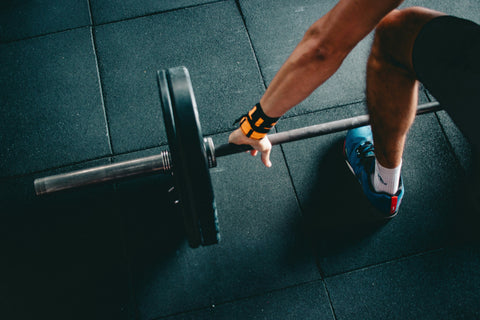
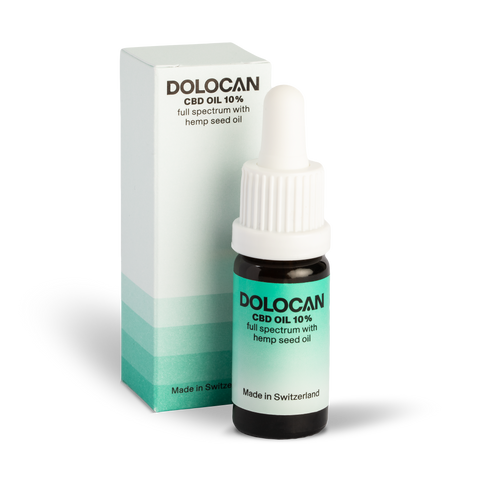
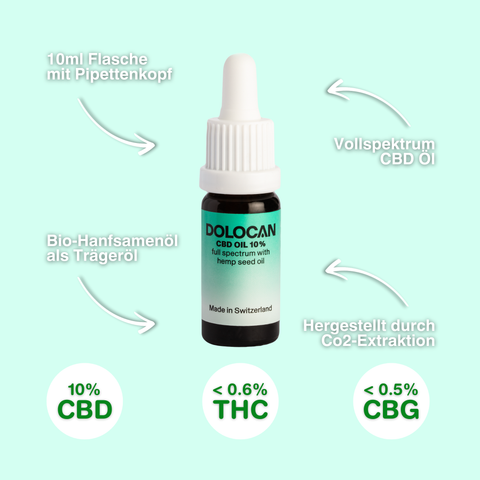
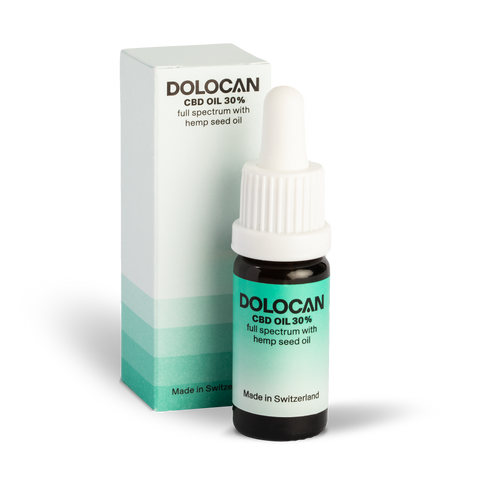
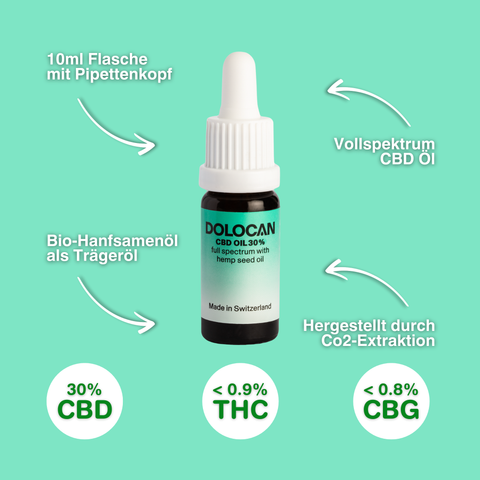
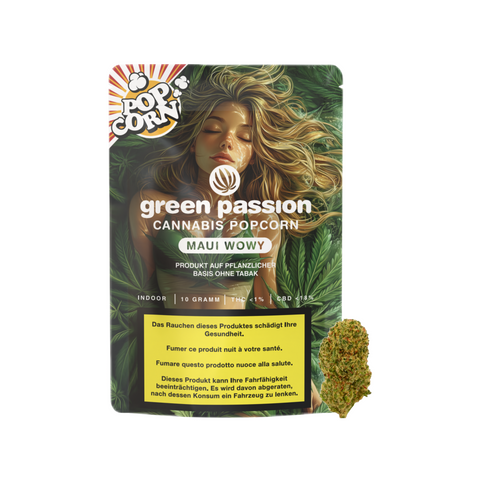
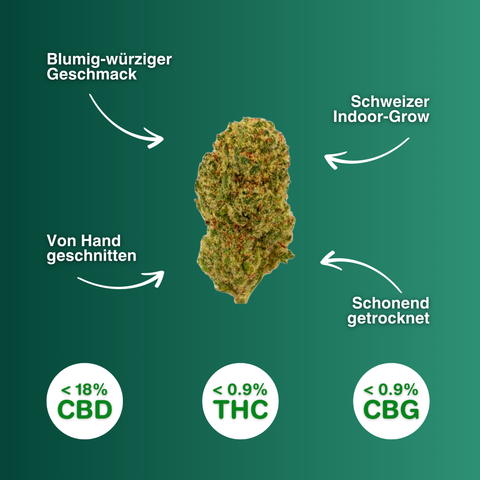
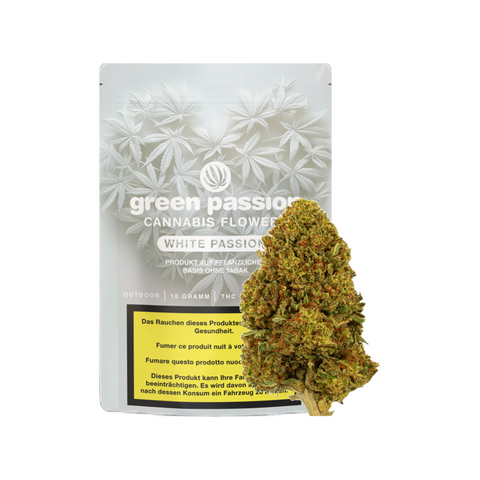
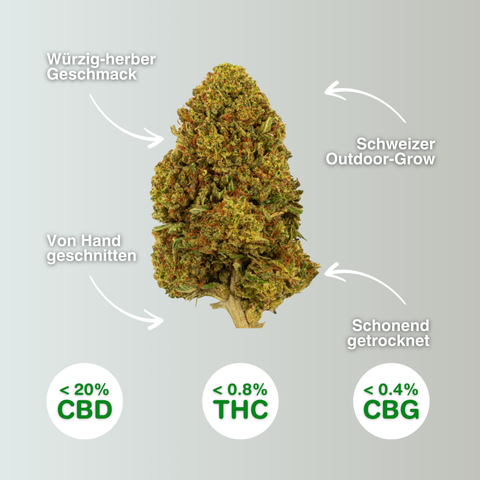
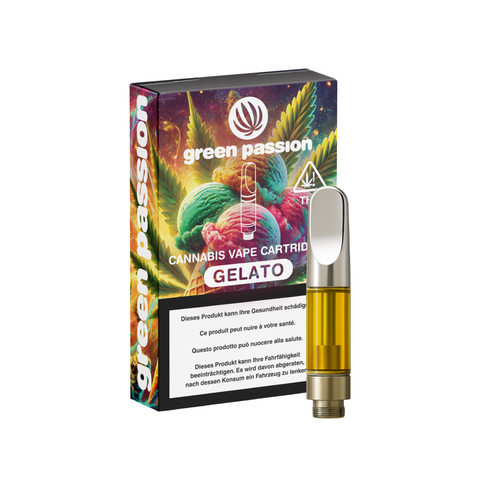
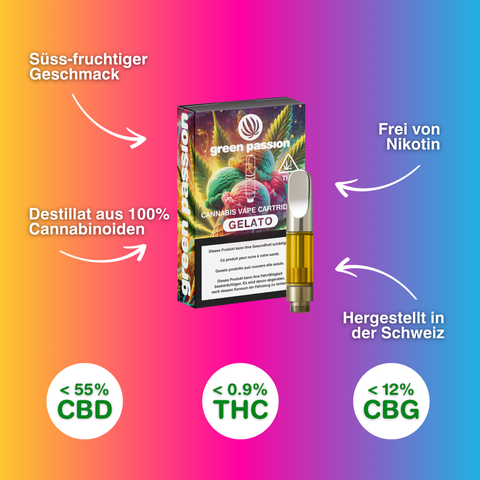
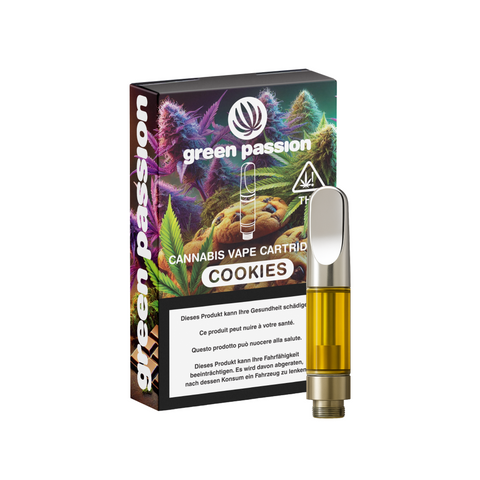
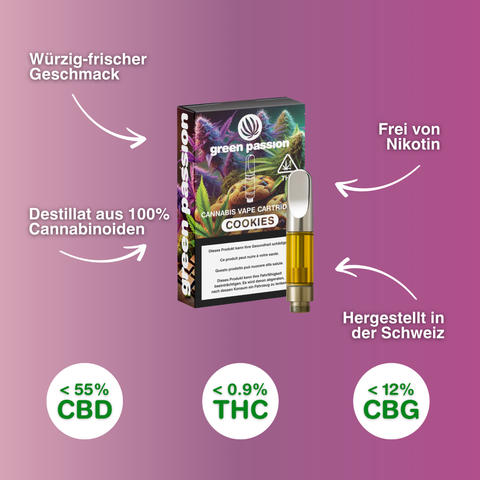
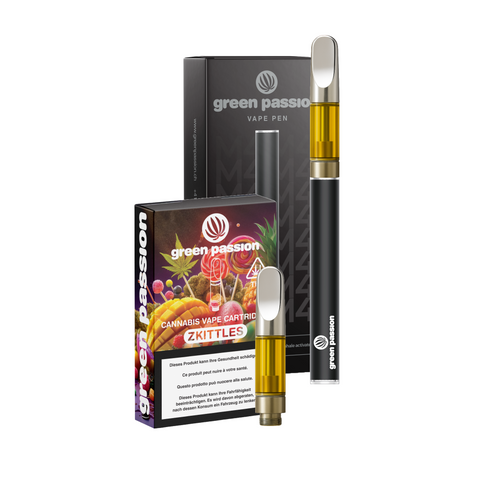
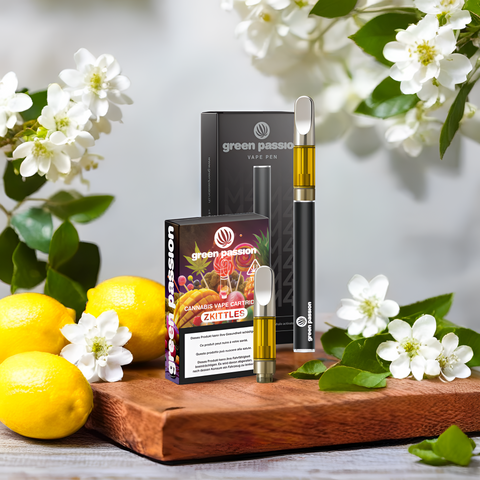



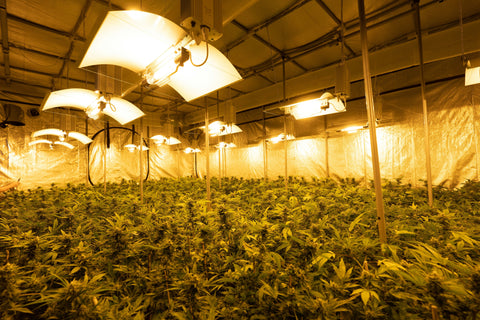
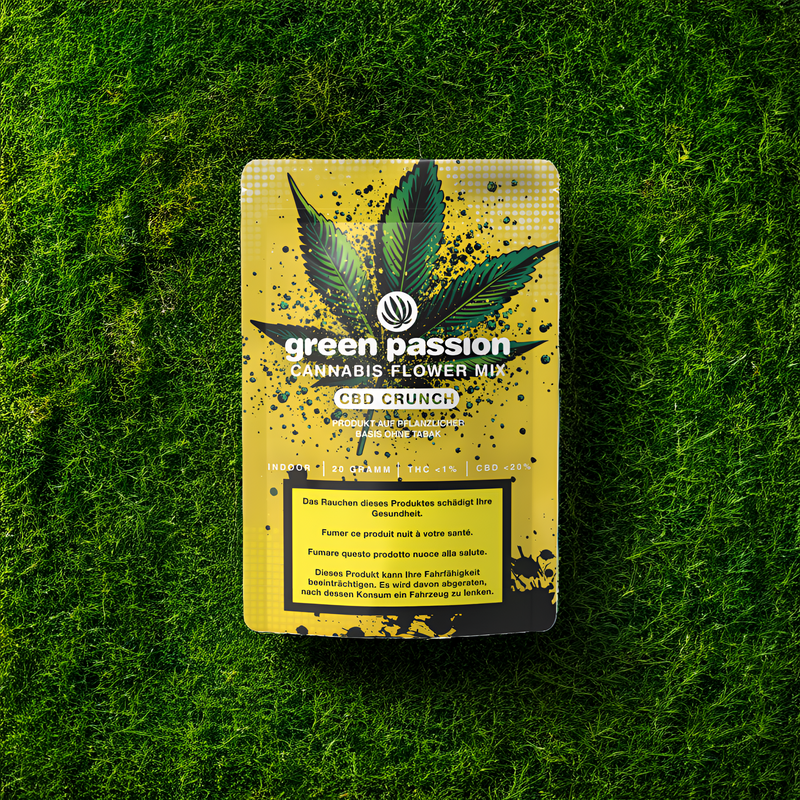
Comments (0)
There are no comments for this article. Be the first one to leave a message!